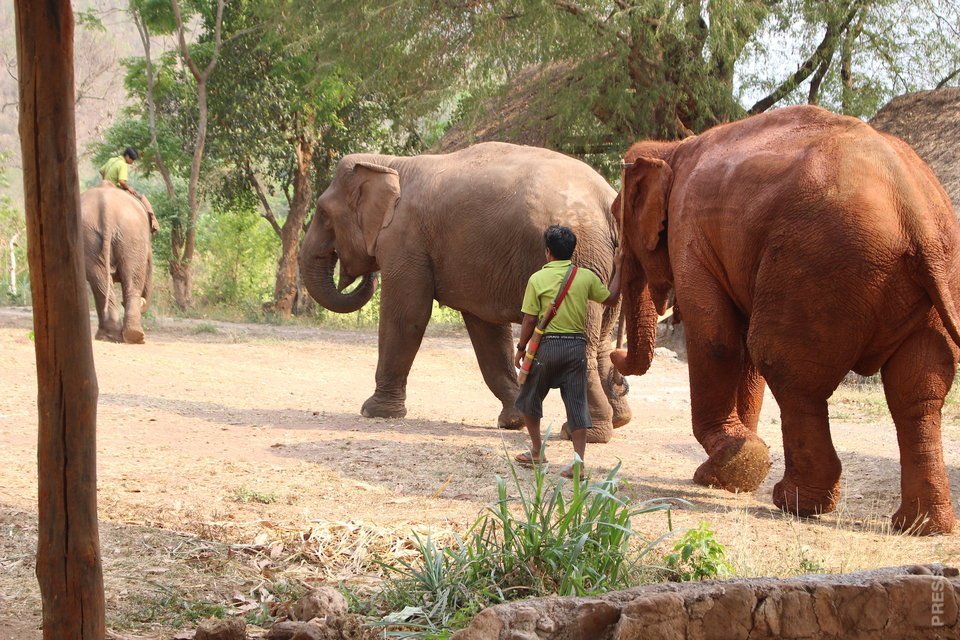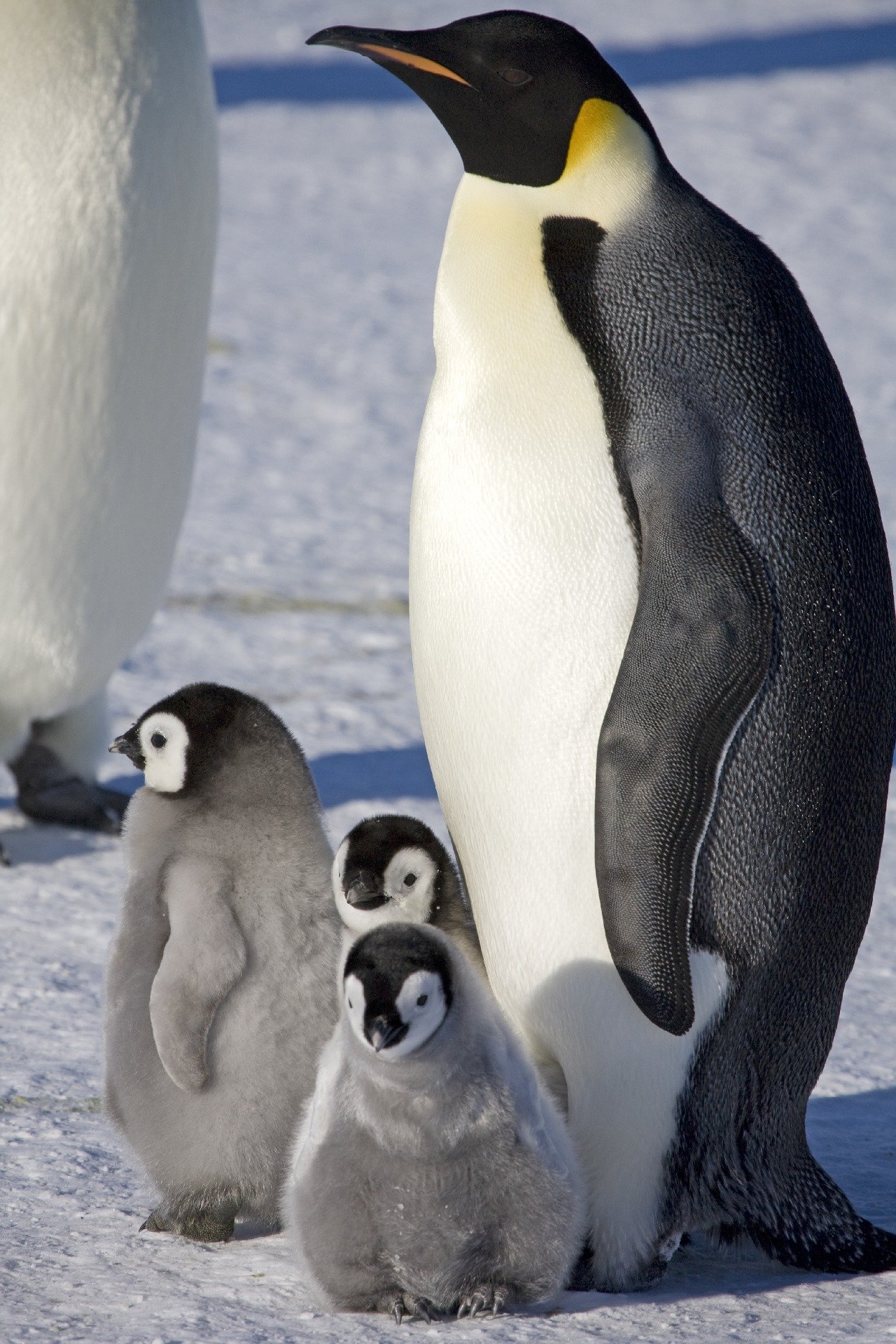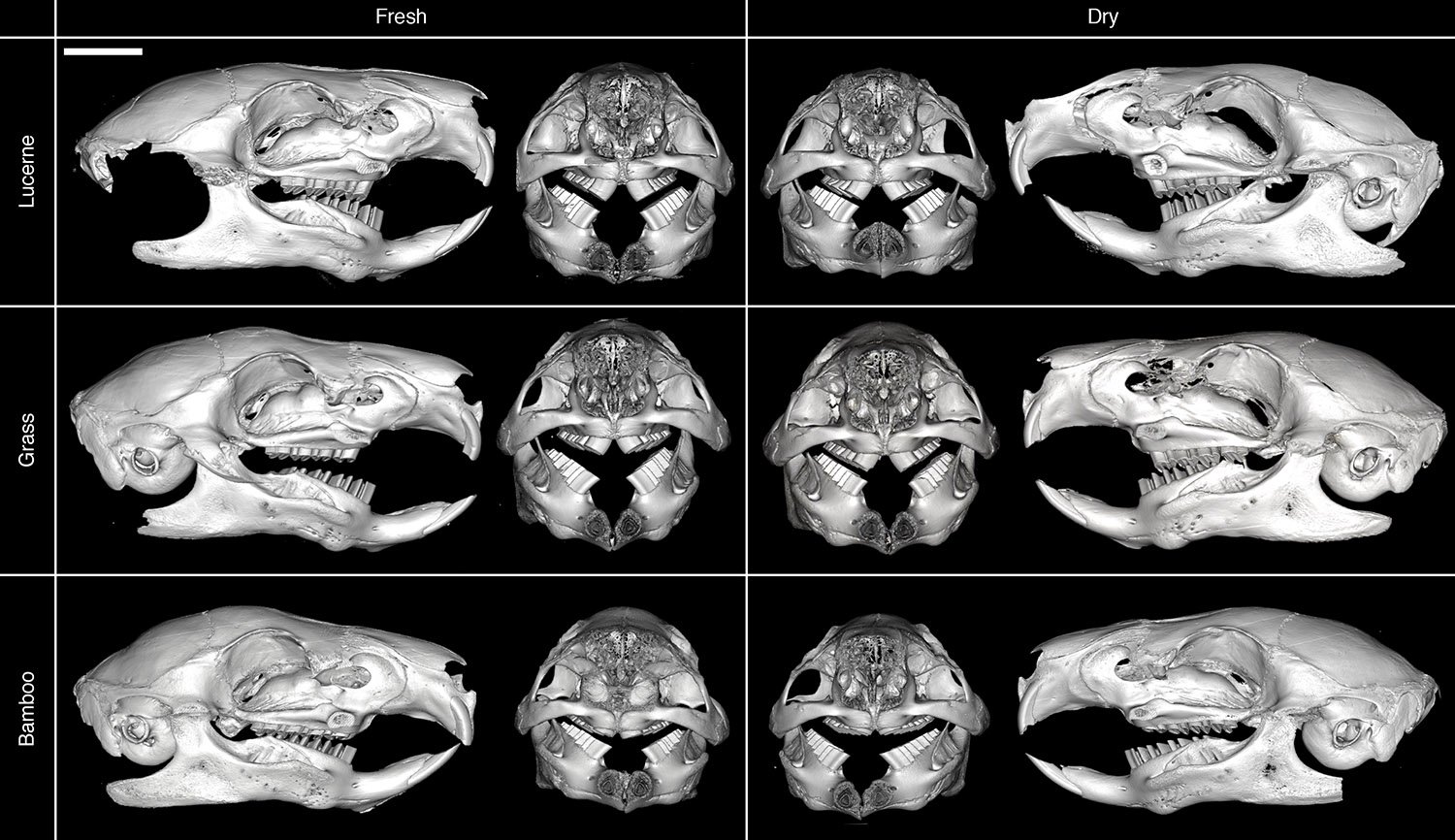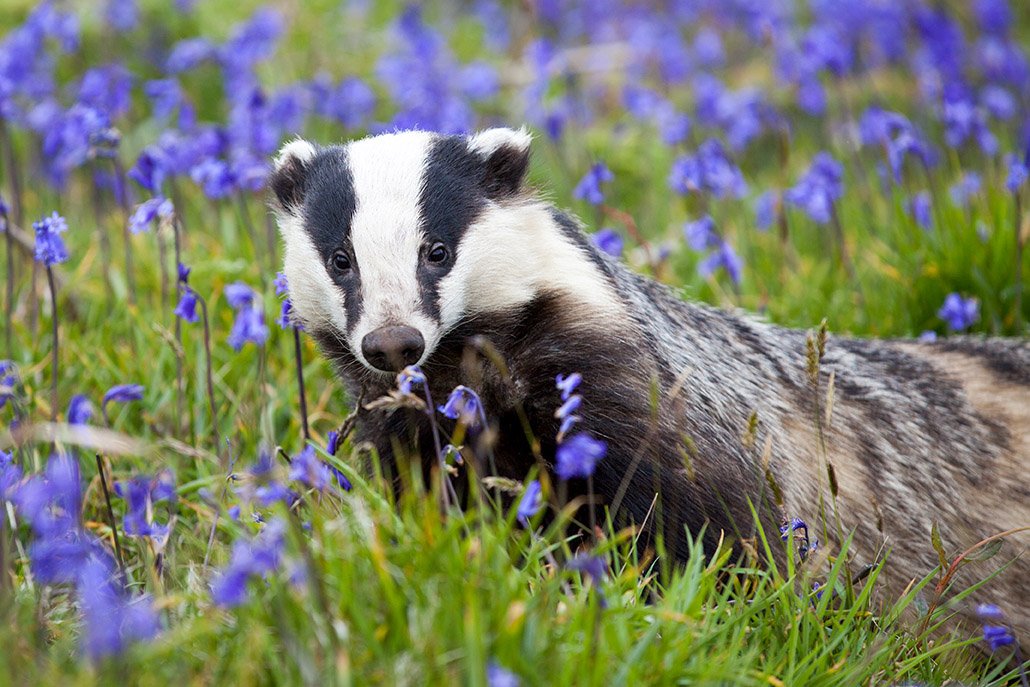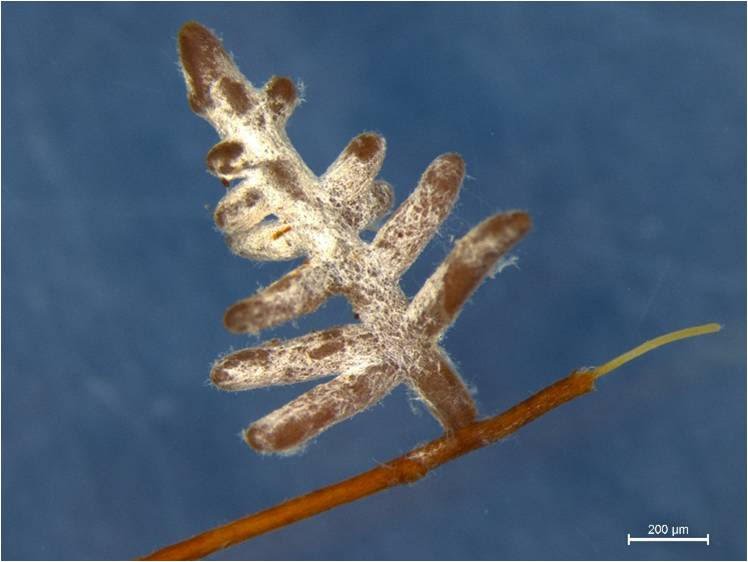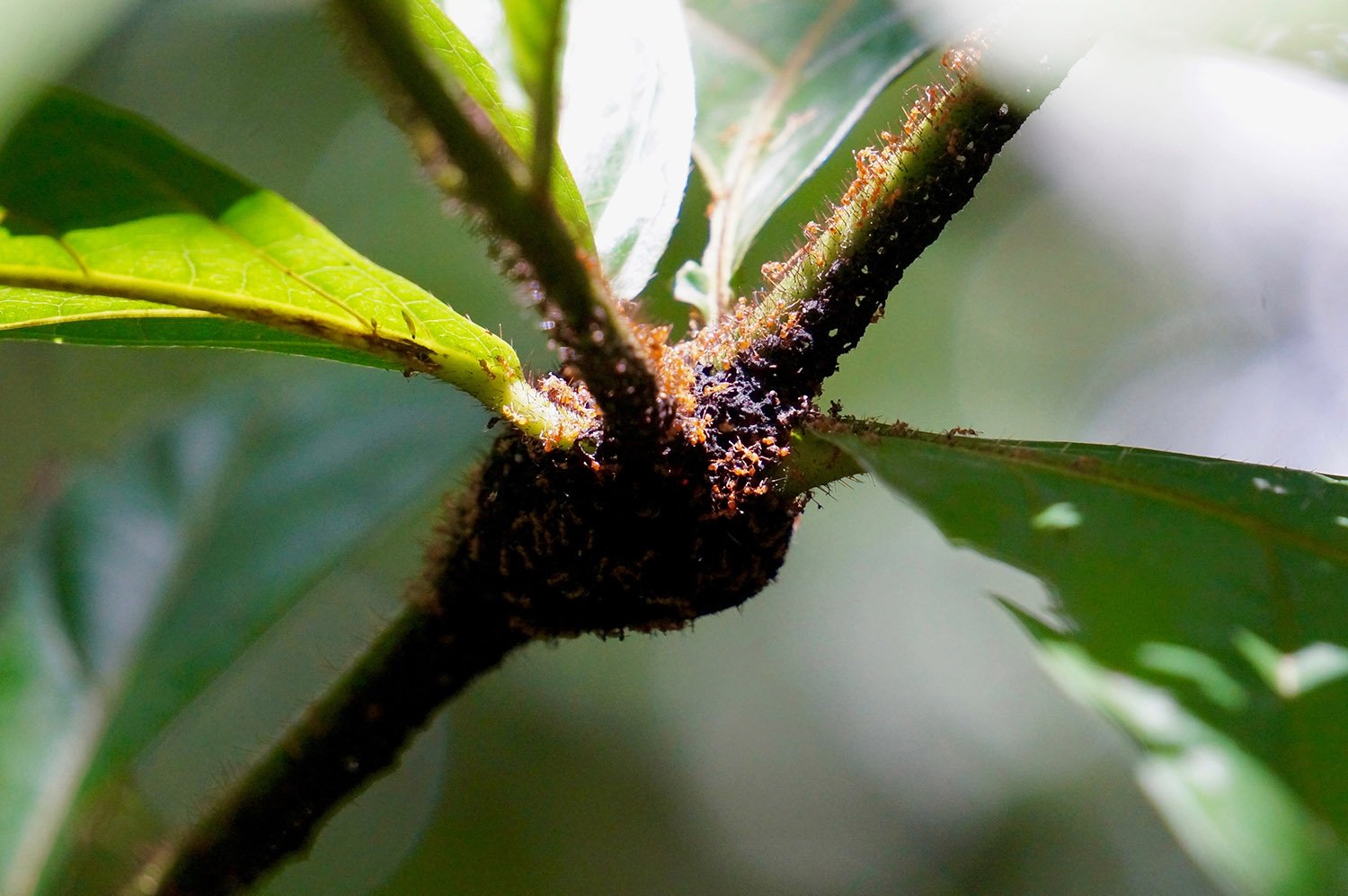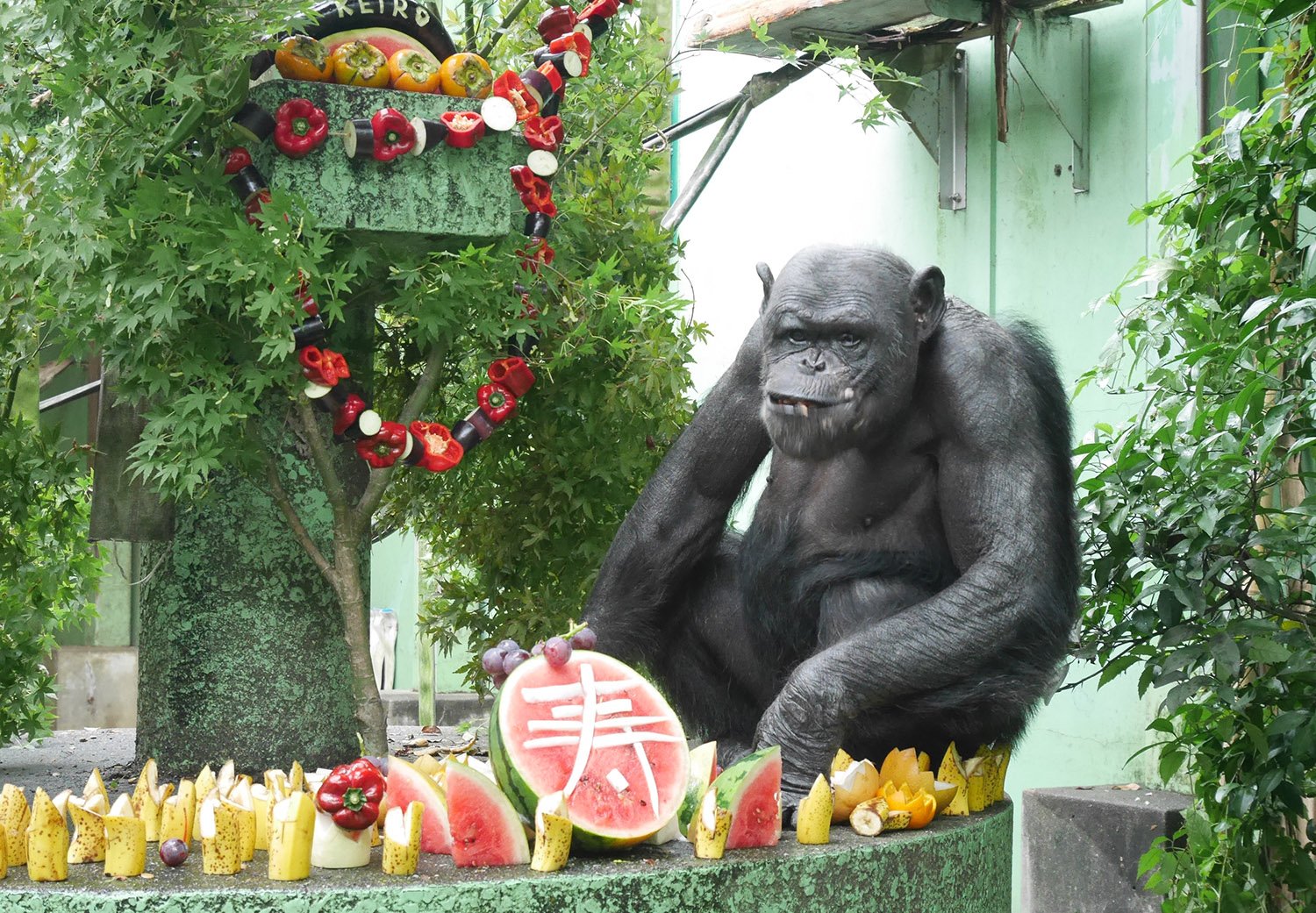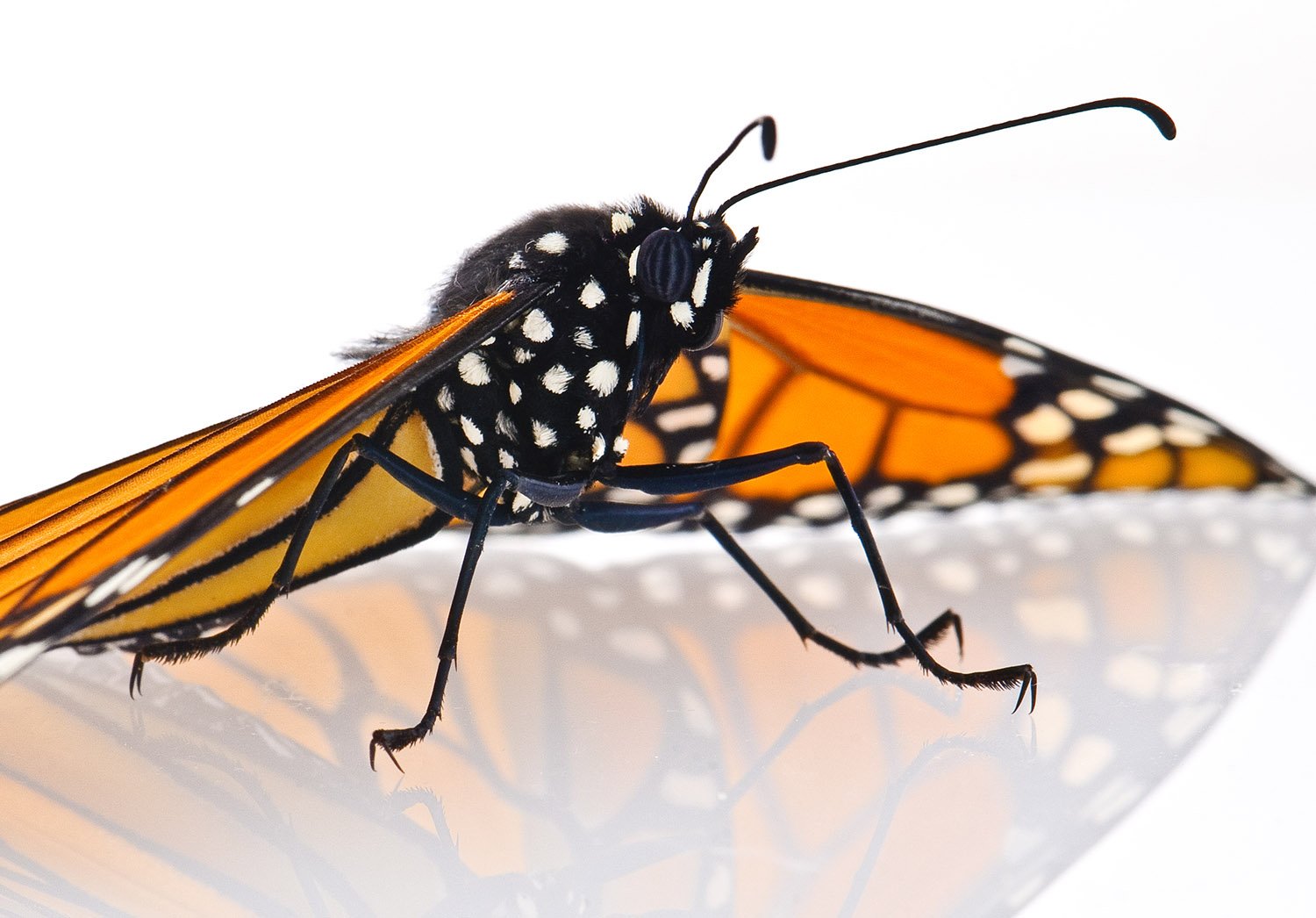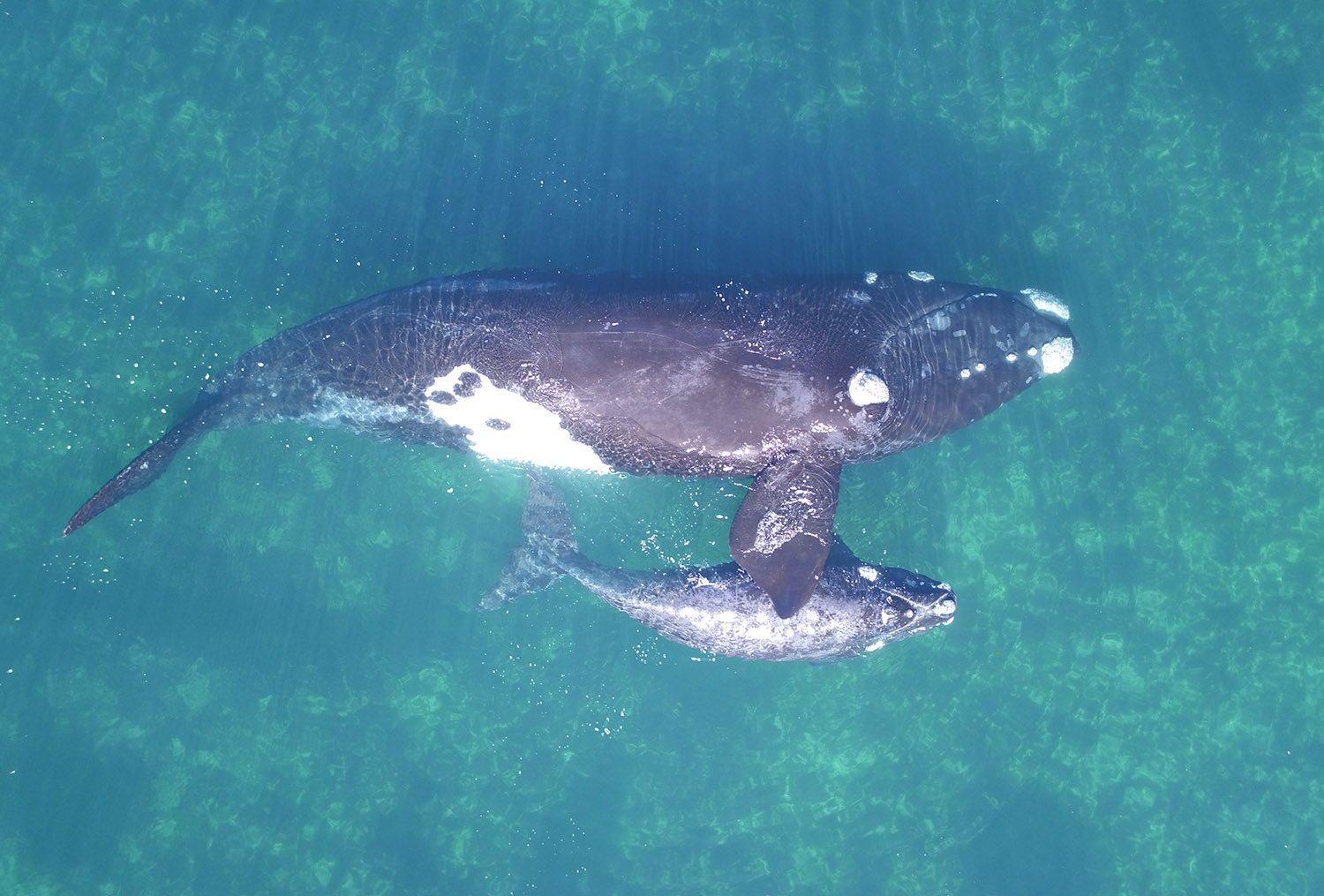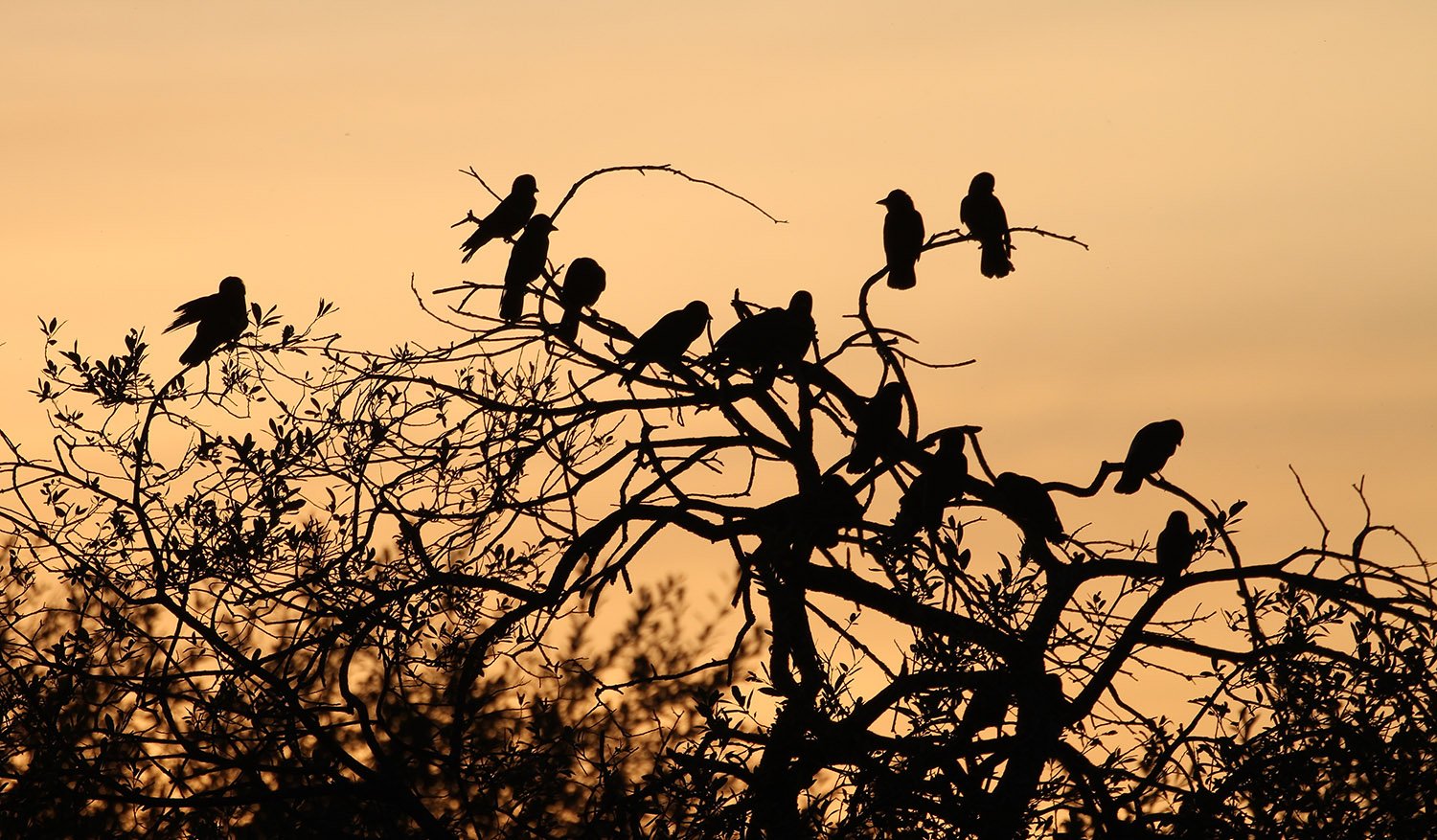Capturing elephants from the wild hinders their reproduction for over a decade
Capturing elephants to keep in captivity not only hinders their reproduction immediately, but also has a negative effect on their calves, according to new research. Scientists from the University of Sheffield have found long-lasting negative effects on the reproduction of Asian elephants captured from the wild and kept in captivity, in a joint study with … Read more
